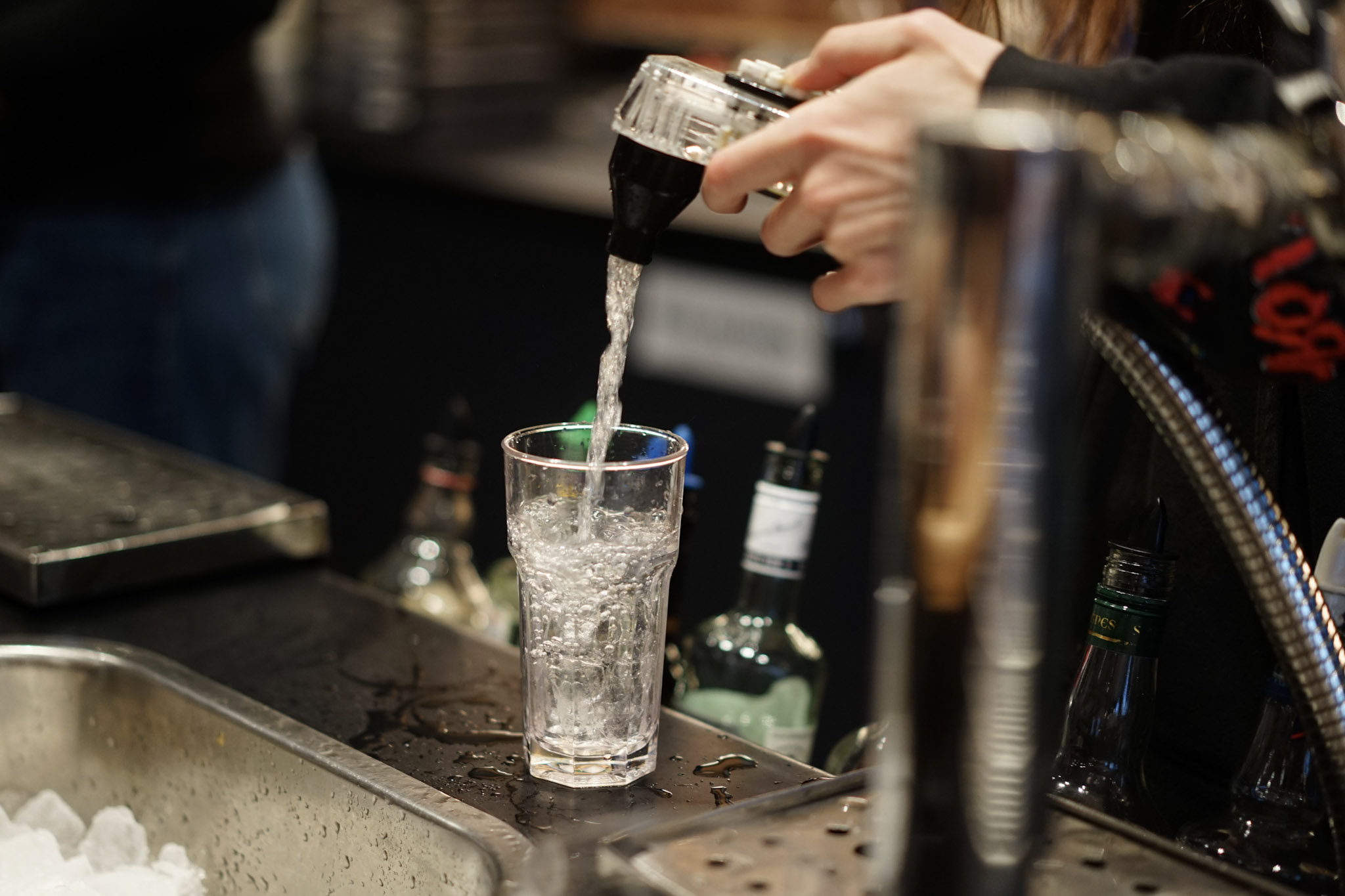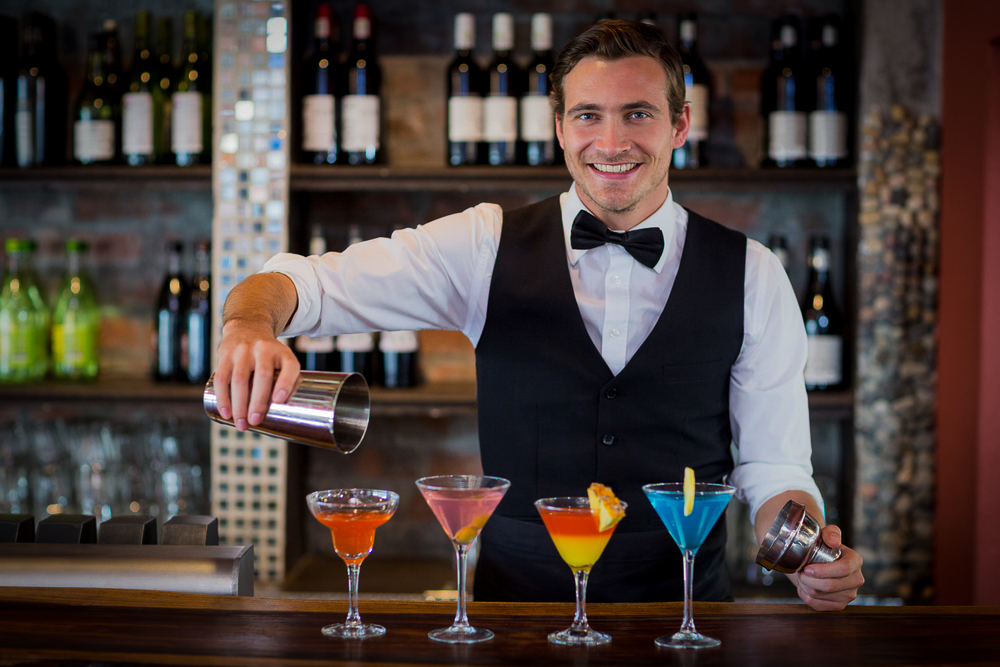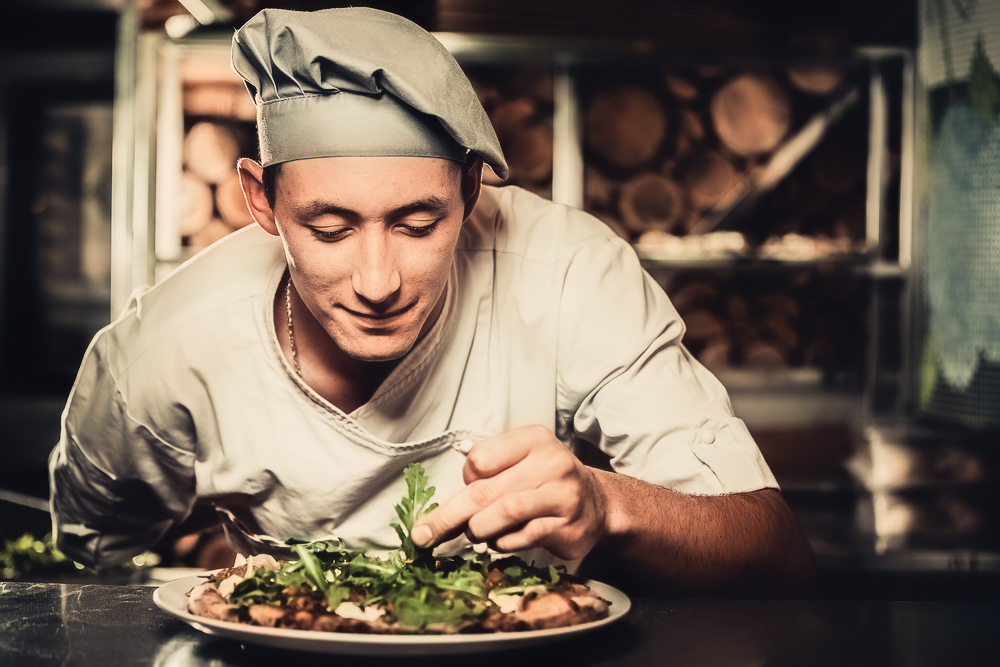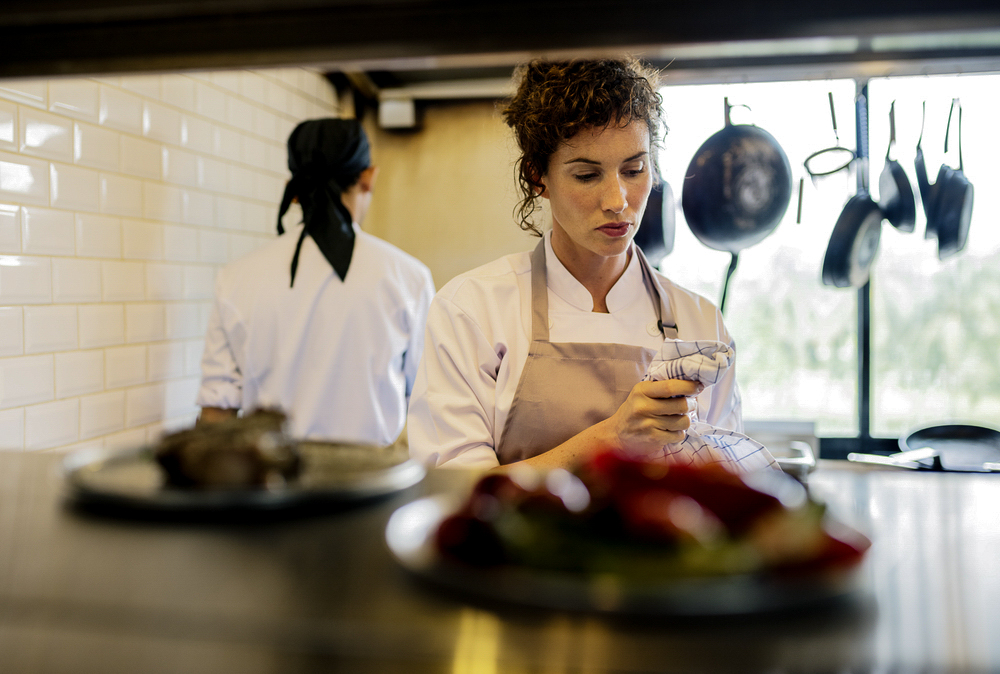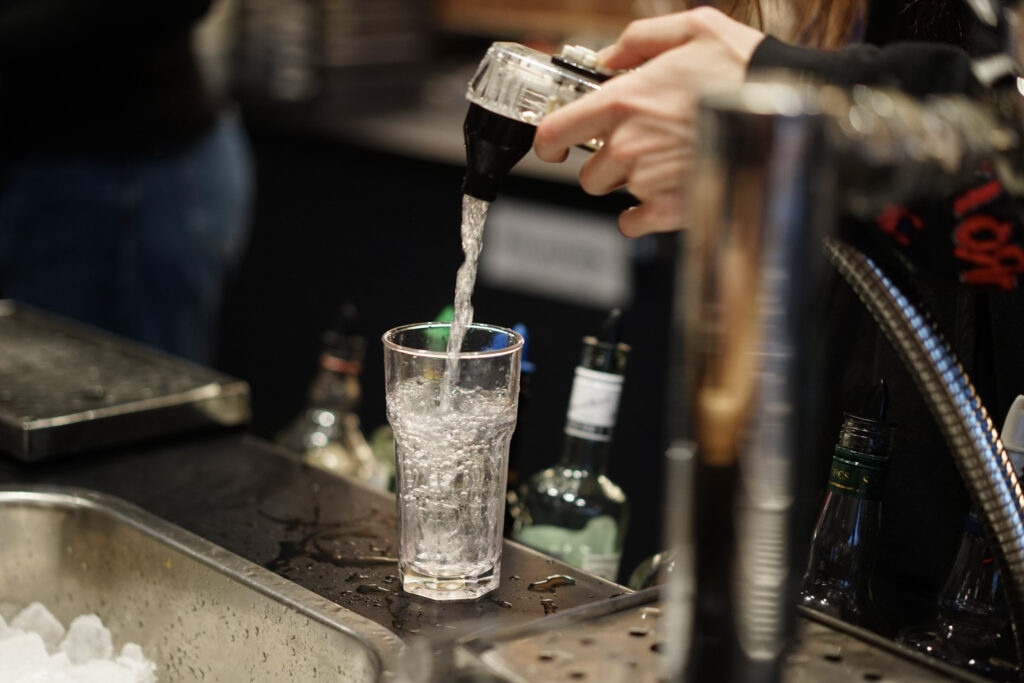
Coffee culture and nightlife are two of the strongest pillars of Australia’s hospitality scene. Behind each is a skilled professional who keeps pace with orders, handles equipment, and serves customers with ease. If you’re weighing up a career in hospitality and are unsure whether to become a barista or a bartender, you’ll find both roles demand precision, adaptability, and people skills. They also open career paths that extend far beyond your first café or bar shift. Coffee School offers training programs in Melbourne and Sydney that can help you develop practical skills for either location.
Hospitality Roles in Focus
Barista and bartender careers share some common ground, but the focus, skills and settings are quite different. This quick outline shows how they compare at a glance:
- Baristas are a cornerstone of café culture in Australia
- Bartenders shape the character of bars, restaurants and nightlife through their craft
- Both careers are highly sought after across Australia and overseas
- Strong service and multitasking skills are essential in either role
- Accredited training lays the foundation to step into hospitality roles
What Skills Does a Barista Need
Baristas are central to the café industry, a sector woven into daily life across the country. Typical shifts often revolve around mornings, though many cafés trade throughout the day. You’ll be juggling orders, steaming milk, pouring shots, and staying on top of cleaning tasks - all without losing pace. Customers expect every drink to be consistent, which means learning and developing repeatable skills and maintaining a clean workflow. It’s a fast-moving environment where attention to detail makes the difference in quality and customer satisfaction.
Coffee School’s Barista & Coffee Art courses in Melbourne and Sydney are structured to reflect this reality. Students learn on commercial machines, practise steaming both dairy and plant-based milks, and develop control over grinders and dosing alongside workflow management in a café environment. All practical skills employers expect when they trial a new barista.
What Does a Bartender do
Bartenders operate in a different rhythm. They handle cocktails, spirits, wine and beer, often in venues that peak later in the day. The role is a balance of speed, knowledge, and customer interaction. From remembering recipes to managing multiple orders at once, bartenders keep the atmosphere alive while ensuring well-presented drinks and responsible service.
In Victoria, anyone working with alcohol must hold a Responsible Service of Alcohol (RSA) certificate. The RSA Melbourne course at Coffee School combines bar training with RSA accreditation. You’ll cover customer service, drink preparation, and operational routines, such as opening and closing duties, stock handling, and maintaining a clean and safe workspace - a blend of skills that helps you walk into a venue knowing what to expect.
Common Questions About Hospitality Careers
Do I need prior experience for barista or bartender training?
No. Coffee School courses cater to complete beginners as well as those looking to refine their existing skills.
Which role offers more career growth?
Both do. Baristas can progress into café management, roasting, or training roles. Bartenders may specialise in mixology, move into venue management, or transition into broader hospitality leadership.
Can I switch from barista to bartender later?
Yes. Many workers move between the two. Customer service, pace, and multitasking are transferable skills even if the technical requirements differ.
How Do Barista and Bartender Roles Differ in Detail
The key differences are in focus and environment. Baristas spend time perfecting espresso and milk texture, while bartenders master cocktails, wine service and stock handling. Baristas often thrive in daytime café culture; bartenders thrive in the energy of nightlife. Both environments are demanding, both rely on teamwork, and both can lead to long-term careers.
What Skills Do Employers Look for in Hospitality Staff
Training is the quickest way to develop a job-ready skillset. Employers seek staff who can handle pressure from the very first shift. Coffee School’s Barista and Bartending courses provide structured learning to cover these demands. While our Barista training teaches café workflow and drink consistency, the bartender course combines RSA with practical training on mixing drinks and managing a bar.
Learn Through Coffee School
Practical skills, recognised certificates, and café or bar setups are part of every course. Coffee School’s training courses have helped thousands of students step into hospitality jobs across Australia. Find your nearest course here.
What Challenges Do Baristas and Bartenders Face
Every role comes with its own hurdles. For baristas, grinder settings shift with bean age and humidity, so maintaining consistent shots is a daily task. Milk steaming also requires constant attention, as overheated milk or flat foam can undo the quality of a drink.
Bartenders face challenges of a different kind. Balancing multiple orders, working with varied glassware, and maintaining accuracy under pressure are part of the job. Long shifts and late nights add to the challenge, requiring both focus and stamina.
How Coffee School Prepares You for Hospitality Work
Hands-on training builds muscle memory that theory alone can’t deliver. Barista training gives you experience with commercial machines and grinders, while the Bartender course prepares you for licensed venues. Both options result in certificates that employers recognise when they’re shortlisting candidates.
Employers want consistency, speed, and professionalism. Accredited training ensures you arrive with these expectations already in place. Coffee School courses are designed to meet industry standards so you can focus on applying for jobs, not catching up on basic skills.
Start Your Hospitality Training
Both barista and bartender roles are in high demand across Australia and overseas. Your choice depends on the type of environment you prefer, whether that’s the pace of café culture or the energy of licensed venues. Each role develops transferable skills, each opens doors to management or specialist positions, and each starts with learning the fundamentals properly.
Coffee School provides the pathway for both, so you can choose the career that best suits your ambitions. Build recognised skills, gain practical experience, and take your first step into hospitality with the right foundation. Sign up for a course now.
